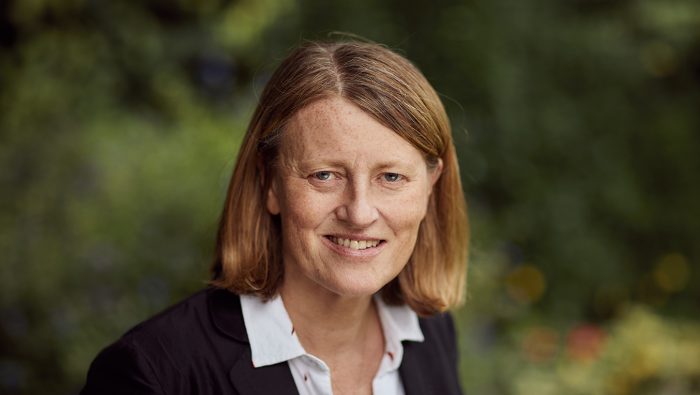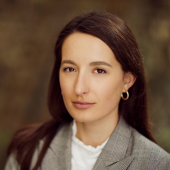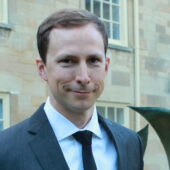About
Helen Margetts is Professor of Society and the Internet and Professorial Fellow at Mansfield College. She is a political scientist specialising in the relationship between digital technology and government, politics and public policy. She is an advocate for the potential of multi-disciplinarity and computational social science for our understanding of political behaviour and development of public policy in a digital world. She has published over a hundred books, articles and policy reports in this area, including Political Turbulence: How Social Media Shape Collective Action (with Peter John, Scott Hale and Taha Yasseri, 2015); Paradoxes of Modernization (with Perri 6 and Christopher Hood, 2010); Digital Era Governance (with Patrick Dunleavy, 2006, 2008); and The Tools of Government in the Digital Age (with Christopher Hood, 2007).
Since 2018, Helen has been Director of the Public Policy Programme at The Alan Turing Insitute, the UK’s national institute for data science and artificial intelligence. The programme works with policy-makers to research and develop ways of using data science and AI to improve policy-making and service provision, foster government innovation and establish an ethical framework for the use of data science in government.
Public Service
Helen sits on the UK Government’s Digital Economy Council, the Home Office Scientific Advisory Council (HOSAC), the Advisory Board of the Bennett Institute for Applied Data Science at the University of Oxford, the Board of the International Conference of Computational Social Science and the Advisory Board of the LSE Data Science Institute. She is founding Editor-in-chief of the journal Policy and Internet.
Awards and Honours
In 2020 Helen was appointed Distinguished Affiliated Professor at the Technical University of Munich, Germany and awarded the Mayer-Struckmann Prize by the Heinrich Heine University Dusseldorf for “outstanding research in the social sciences and humanities on ‘Digitization and Democracy.'” In 2019 she was elected a Fellow of the British Academy (FBA). In March-April she held the John F Kluge Senior Chair in Technology and Society at the Library of Congress, Washington DC. She was awarded an OBE for services to social and political science in the 2019 New Year’s Honours List. In 2018 she was awarded the Friedrich Schiedel Prize by the Technical University of Munich, for research and research leadership in politics and technology. Her co-authored book Political Turbulence won the W.J.Mckenzie Prize of the UK Political Studies Association for best politics book in 2017. She was elected a Fellow of the Academy of Social Sciences in 2011. Earlier awards include winning with Patrick Dunleavy the ‘Political Scientists Making a Difference’ award in 2003 from the UK Political Studies Association, in part for a series of policy reports on Government on the Internet for the UK National Audit Office (1999-2009).
Biography
Professor Margetts joined the OII in 2004 from University College London where she was a Professor in Political Science and Director of the School of Public Policy. She began her career as a computer programmer and systems analyst with Rank Xerox after receiving her BSc in mathematics from the University of Bristol. She returned to study at the London School of Economics and Political Science in 1989, completing an MSc in Politics and Public Policy in 1990 and a PhD in Government in 1996. She worked as a researcher at LSE from 1991 to 1994 and a lecturer at Birkbeck College, University of London from 1994 to 1999.
Areas of Interest for Doctoral Supervision
Please note that Helen is on sabbatical for the 2025-2026 academic year and is not able to accept new DPhil students for 2026-27.
Digital government, public management, public policy, collective action, political participation, democracy, political science, artificial intelligence data science, experiments.
Research Interests
Digital government, public management reform, tools of public policy, artificial intelligence and public policy, collective action, political participation, social science experiments, social data science/computational social science, alternative electoral systems, political extremism.































